In a bustling conference hall in Moscow, Russia delved deep into the promising realm of geo-economic development in the Arctic. The event brought together a multitude of experts who delved into various aspects of strengthening Russia’s strategic foothold in the region amidst increasing global interest and demand for its abundant resources.
The stage was set by Anna Otke, a distinguished Member of Russia’s Federation Council, who kickstarted the series of insightful discussions. In her enlightening presentation on the
“Geo-economic vector of the Chukotka Autonomous Okrug,”
Otke meticulously dissected the socio-economic dynamics at play. She highlighted Chukotka’s remarkable economic achievements, stating,
“Chukotka demonstrates impressive economic results: growth of gross regional product by 14 per cent in 2024, investment inflow of almost 890 billion rubles (US$11.1 billion), creation of more than 5,000 new jobs with a population of only 49,000 people.”
Otke’s words resonated with attendees as she painted a vivid picture of how Arctic regions like Chukotka are evolving into powerful engines driving national development. The region’s emphasis on economic diversification through infrastructural enhancements, tourism promotion, and optimizing logistics along the Northern Sea Route showcased its commitment to sustainable progress.
Vladislav Maslennikov, Director of the Department of Pan-European Cooperation at the Ministry of Foreign Affairs of the Russian Federation, lent his expertise to shed light on international collaborations in these northern latitudes. He elaborated on Russia’s diplomatic strategies aimed at fostering constructive dialogues with its Arctic counterparts.
Amidst discussions on geopolitics and trade dynamics, cultural diplomacy took center stage at the conference. Roza Akhmadieva, Rector of the Kazan State Institute of Culture, eloquently emphasized the pivotal role that youth initiatives from BRICS nations play in preserving traditional arts and representing their countries globally. She underlined how platforms like the BRICS Youth Council serve as crucial channels for nurturing humanitarian exchanges.
Sergey Bondarenko added another layer to this engaging discourse by outlining key insights on international urban agendas from his experience heading Moscow Mayor’s Office International Projects Support Department. He reminisced about the impactful BRICS International Municipal Forum held earlier that year in Moscow which facilitated robust collaborations between major cities such as Moscow and St. Petersburg.
As experts shared their visions and experiences during this dynamic gathering focused on harnessing Arctic potentials for geo-economic prosperity, it became evident that Russia is poised to leverage its rich resources and strategic position to navigate an era brimming with opportunities for growth and collaboration.


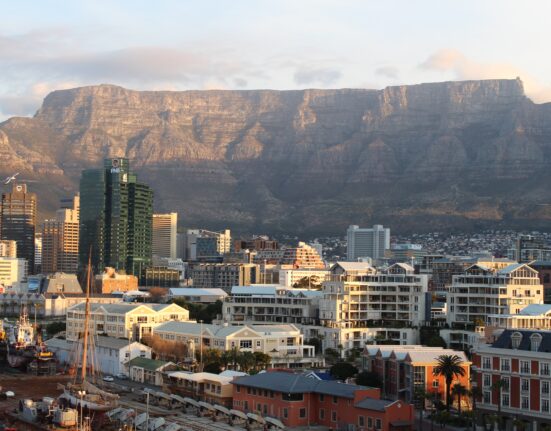
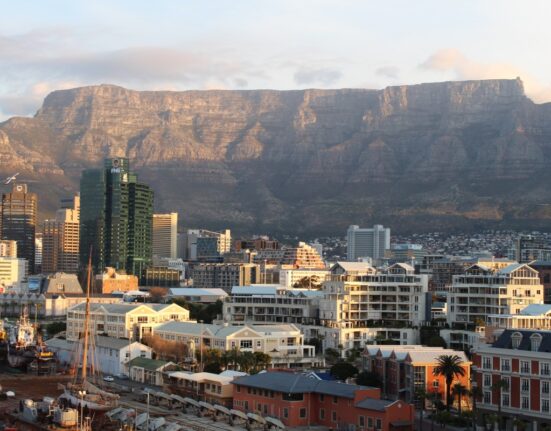
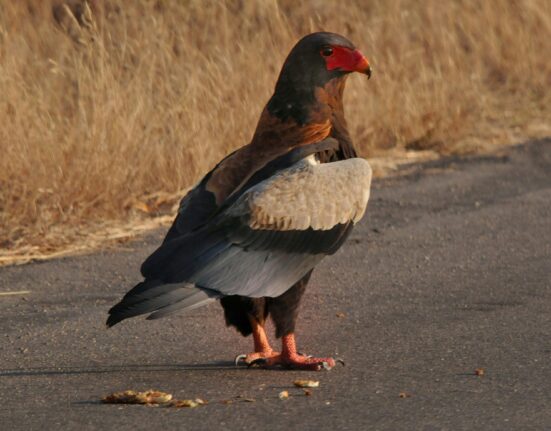

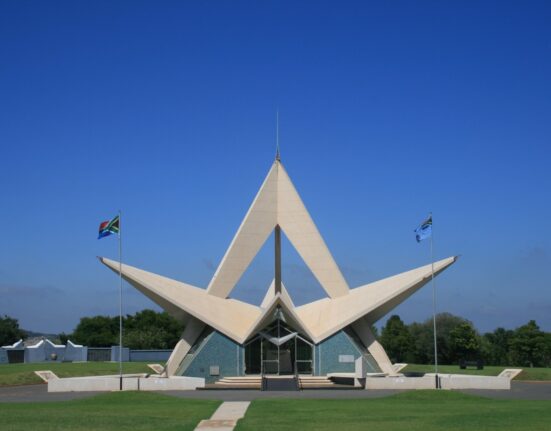
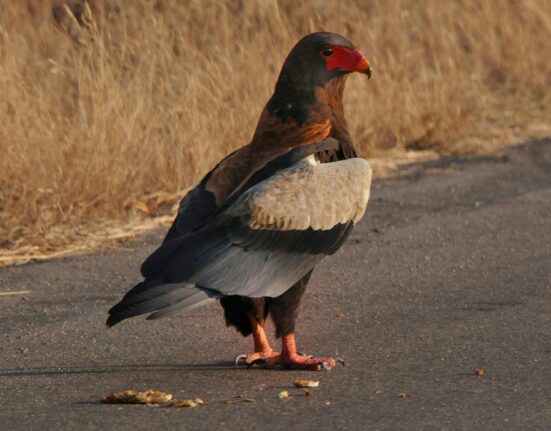
Leave feedback about this